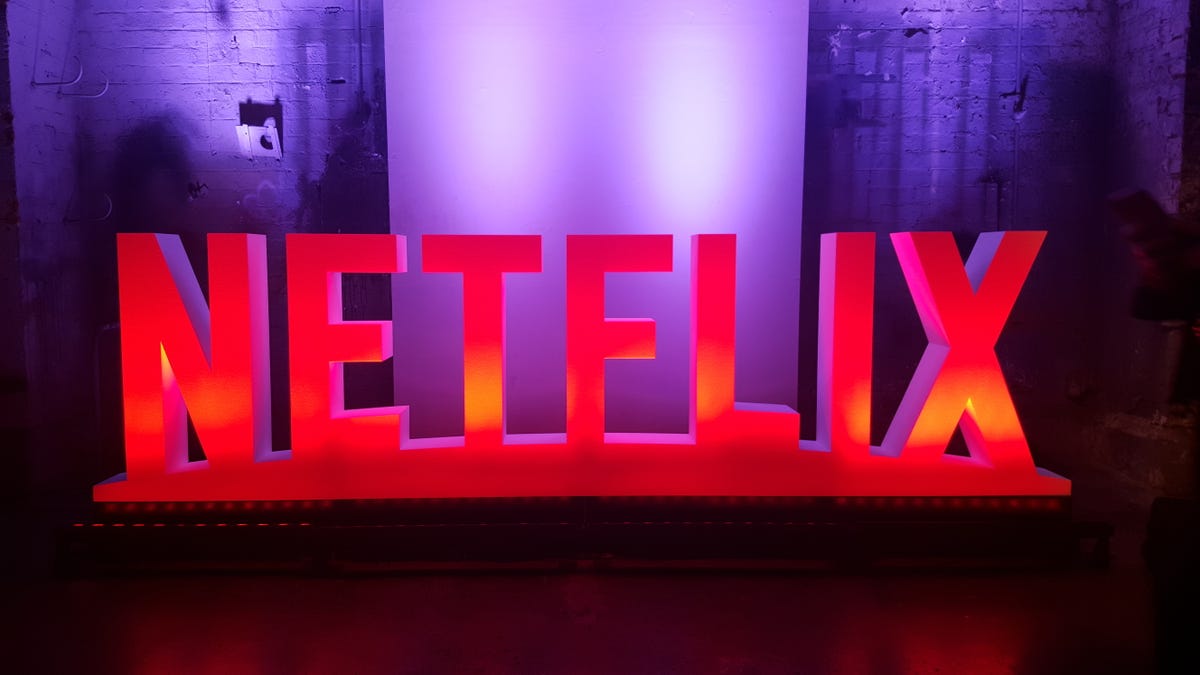Netflix's swelling prices are starting to creep people out
Netflix finally began charging its longtime members an extra dollar every month, and the bill increase -- as well as the confusion about it -- caused its weakest subscriber growth in three years.

Pay close attention to this article, dear reader: Netflix believes you're getting duped into cancelling by the media.
Netflix reported its worst member growth in three years Monday, losing some subscribers in the latest quarter because of rolling price increases in big markets like the US. The outlook is bleak, too, with Netflix predicting its membership won't grow nearly as much as analysts were expecting in the next three-month period.
Netflix last year raised the price for its most popular plan by a dollar to $9.99 in the US, but existing members were "grandfathered in" at the old rate for a year. That free-pass timed out for many in the latest period. Monday, Netflix reported that it added just 160,000 US subscribers and 1.68 million international ones. That's far fewer than it its already downbeat outlook from April, when Netflix forecast it would add 500,000 streaming members in the US and another 2 million in all its international markets.
In an unusual move, Netflix pointed its finger at the press for cancellations.
Netflix CEO Reed Hastings tells a CES crowd in January about his company's rapid expansion to just about everywhere but China.
The unexpected uptick in people dropping their memberships coincided with press coverage about the coming price bump, Netflix said. It provided as evidence a Google Trends report on searches for "Netflix price increase," which surged in April. But Netflix said it was caught off-guard by people who faced no price increase but were cancelling anyway, not by people who actually faced a bigger bill.
The results come as Netflix faces growth pressure on two separate fronts. At home, it must figure out how to keep signing up members despite prices creeping higher and competition intensifying from rivals like Amazon and brand new cord-cutter services. Internationally, the company must keep investor expectations cool as its massive worldwide expansion brings in bumpy returns quarter to quarter.
In April, Amazon unexpectedly unveiled an option that lets people subscribe to its Netflix-like video service for $8.99 a month, a dollar cheaper than Netflix's main plan. Meanwhile, traditional TV giants and online-native video outfits are rushing to start offering their own subscription plans: HBO, CBS, YouTube and digital-video network Fullscreen, among a parade of others, have all launched monthly membership options in the last two years. (Disclosure: CBS is CNET's parent company.)
But in a potential boon for US subscriber growth, Netflix has buried the hatchet with longtime frenemy Comcast. Two weeks ago, Netflix said it had reached a deal with Comcast, the country's biggest cable-TV provider, to incorporate its streaming service onto X1, Comcast's high-tech pay-TV option. Netflix CEO Reed Hastings said in April that growing subscribers would be easier if more US cable providers make Netflix available through their set-top boxes.
Netflix in January unexpectedly launched in 130 countries at once, a sweeping expansion that turned it into a global Internet television network everywhere but China. It is a linchpin in the company's growth strategy as the momentum of US signups naturally slows, but Netflix has been stricken with lumpy results as it moves into so many uncharted territories.
For the three-month period ended in March, Netflix reported a profit of $40.8 million, or 9 cents a share, compared with $26.3 million, or 6 cents a share, a year earlier. Revenue rose 28 percent to $2.11 billion.
Analysts on average expected per-share profit of 2 cents on revenue of $2.111 billion.
Shares plunged 15 percent at $84.41 in after-hours trading. Netflix share price has struggled recently as its growth comes into question. By contrast, it was it was the single best performing stock in the S&P 500 last year. As of the close of market, the stock was down about 10 percent from a year earlier.

